
- In pictures
- In pictures
Medicine Now... then
A look back at highlights from Medicine Now, an exhibition from 2007 where artists and audiences explored the connections between contemporary medicine, life and art.
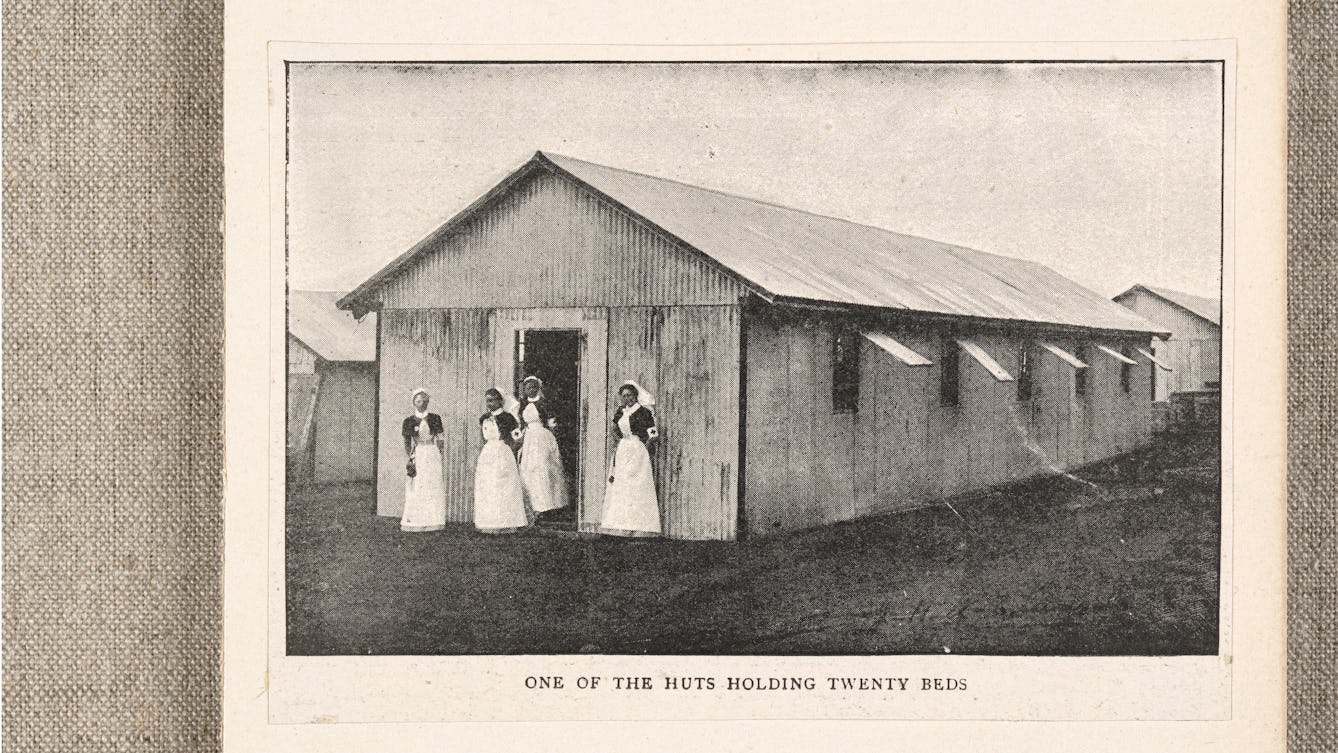
- In pictures
- In pictures
The evolution of war-zone medicine
The need to deal with battlefield injuries has led to inventive designs for extreme situations. Find out how camel-drawn ambulances and flat-pack hospitals have helped casualties survive.
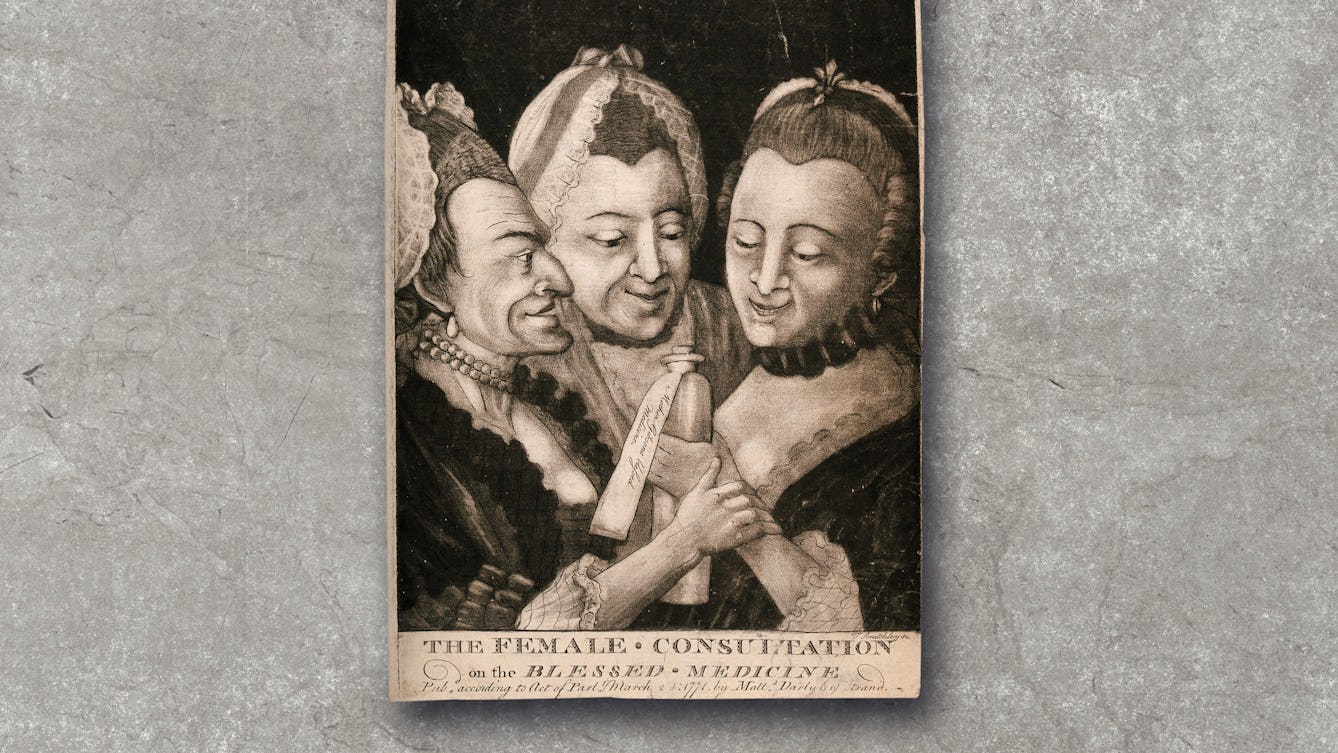
- In pictures
- In pictures
Herbal medicines and the early modern menopause
Held responsible for their own “rebellious distempers” – or menopausal symptoms – women had no choice but to keep quiet and resort to unpalatable concoctions in the hope of relief, as Julia Nurse explains.
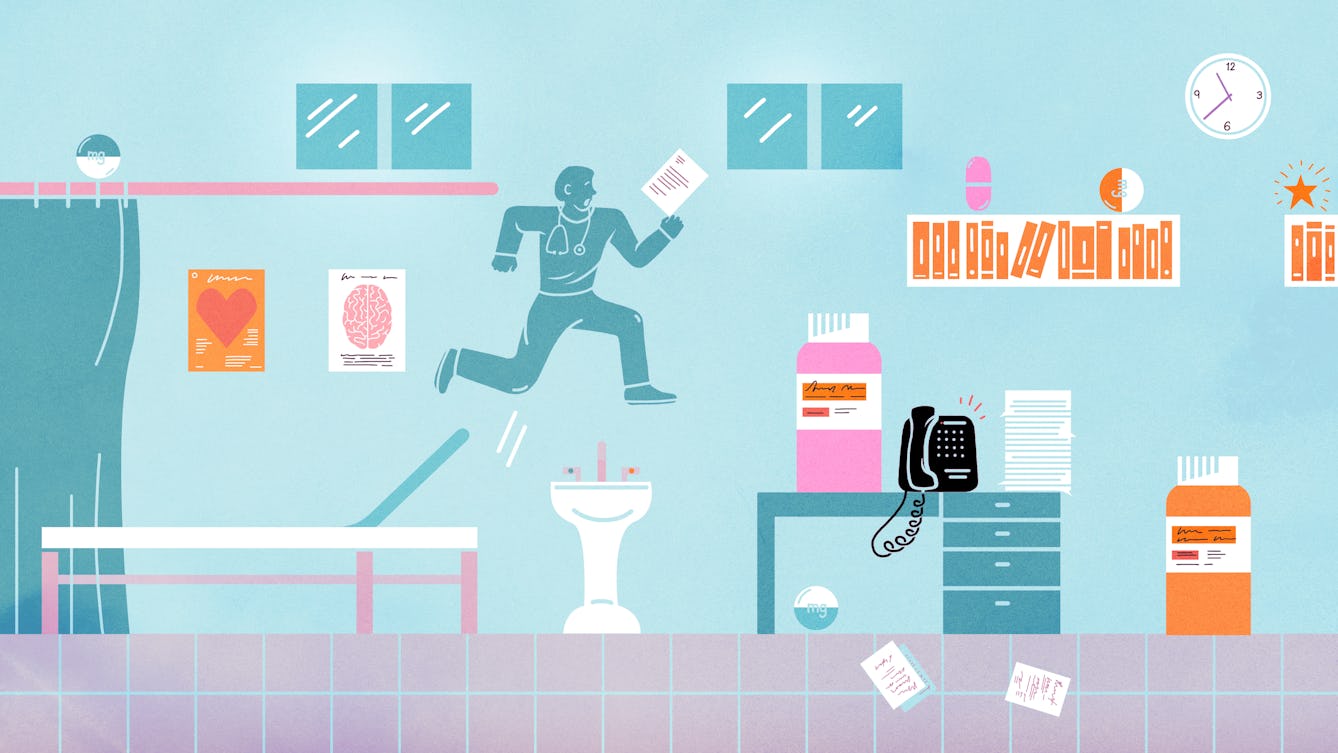
- Article
- Article
Mistakes and perfect medicine
This week our anonymous GP reflects on how a mistake made in a busy, stressful environment could have had serious consequences.

- Article
- Article
Illuminated manuscripts, illuminating medicines
From rare bugs to exorbitantly priced plant parts, find out more about the artistic and medical uses of pigments from the past.

- In pictures
- In pictures
How Mills & Boon made medicine romantic
‘Doctor-nurse’ romances are a hugely popular trope. Agnes Arnold-Forster explores their history and surprisingly nuanced depictions of womanhood, hospitals and the welfare state.

- In pictures
- In pictures
Moles’ feet, dried frogs and other folk medicines
Early-20th-century folklorist Edward Lovett made it his mission to discover the nation’s beliefs and superstitions, collecting amulets from cottage cupboards up and down the country.
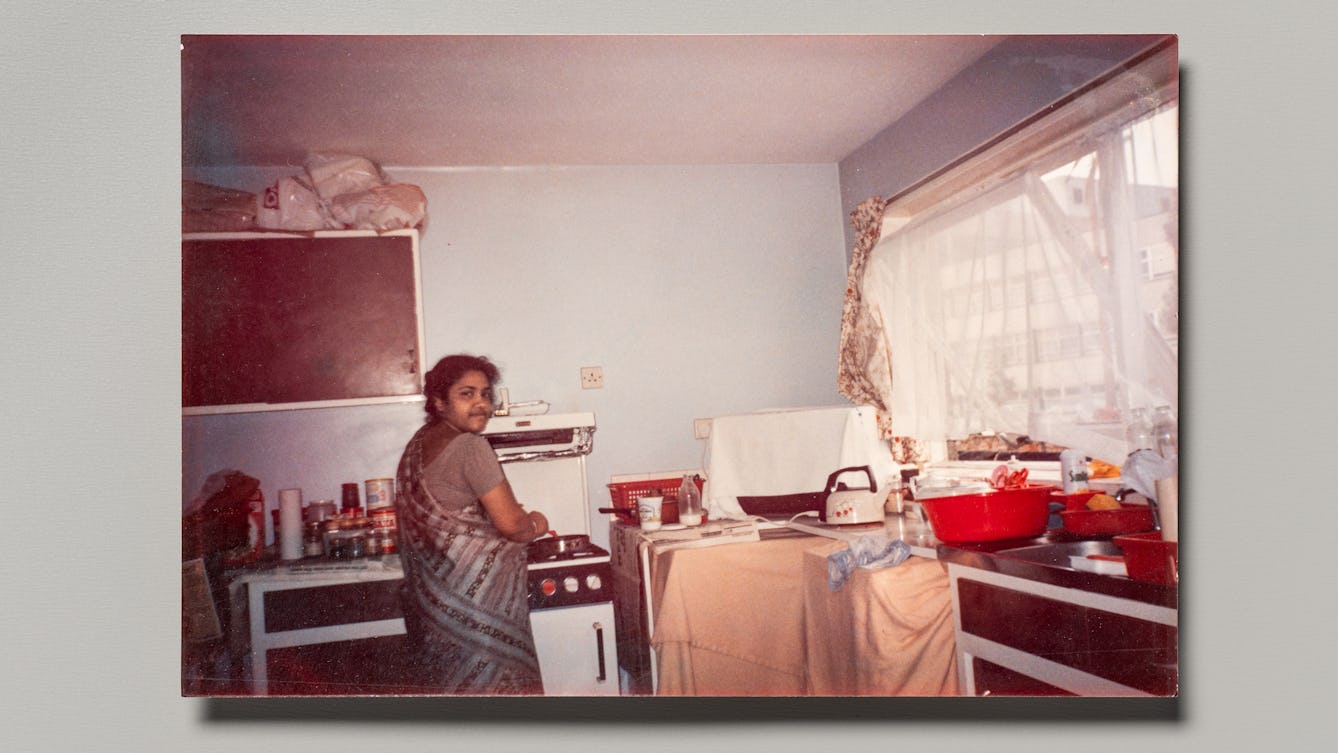
- Article
- Article
Doctor in the house
A house is not always a home – sometimes it’s impermanent, impersonal. But other aspects of the itinerant life can be the source of a sense of home.
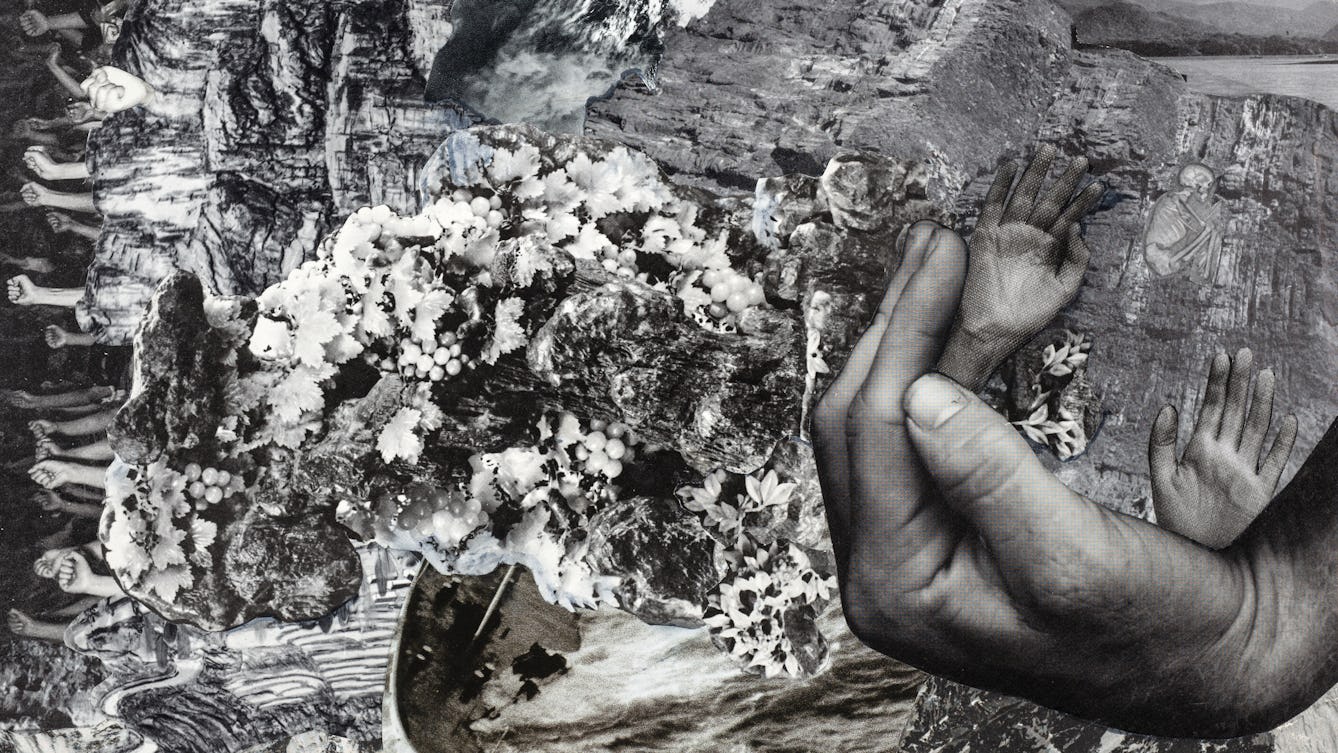
- Article
- Article
Disability in the post-pandemic world
Disabled people have suffered more than most during Covid-19, but there is still a chance to build a kinder society. Dolly Sen explores whether we will come together, or allow more brutal disparities to develop in the worsening recession.

- Article
- Article
In search of the ‘nature cure’
Under the competing pressures of modern life, many of us succumb to mental ill health. Samantha Walton explores why so-called ‘nature cures’ don’t help, and how the living world can actually help us.
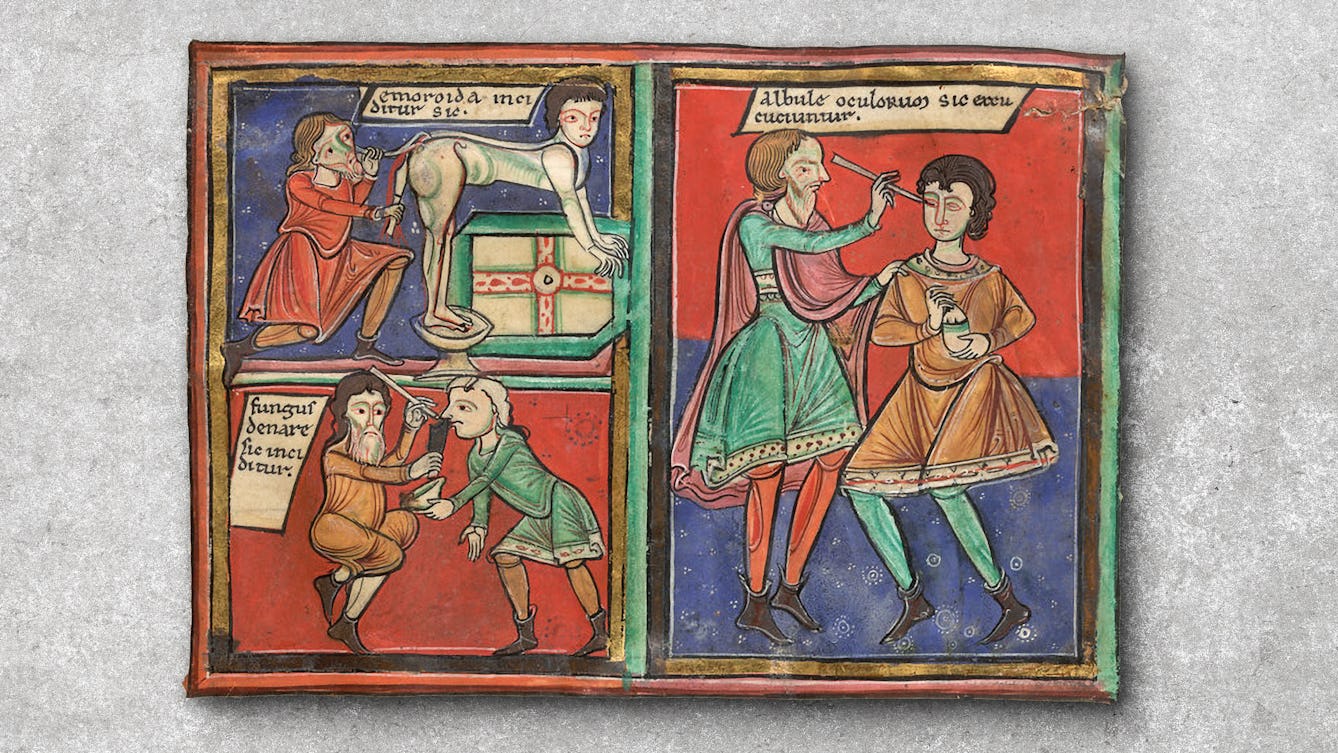
- Article
- Article
Revelations of blindness in the Middle Ages
Medieval texts, from Islamic medical treatises to Christian books of miracles, reveal surprisingly varied and complex experiences of blindness. But when medieval scholar Jude Seal experienced visual impairment themselves, they gained an even deeper understanding of the lives they were studying.
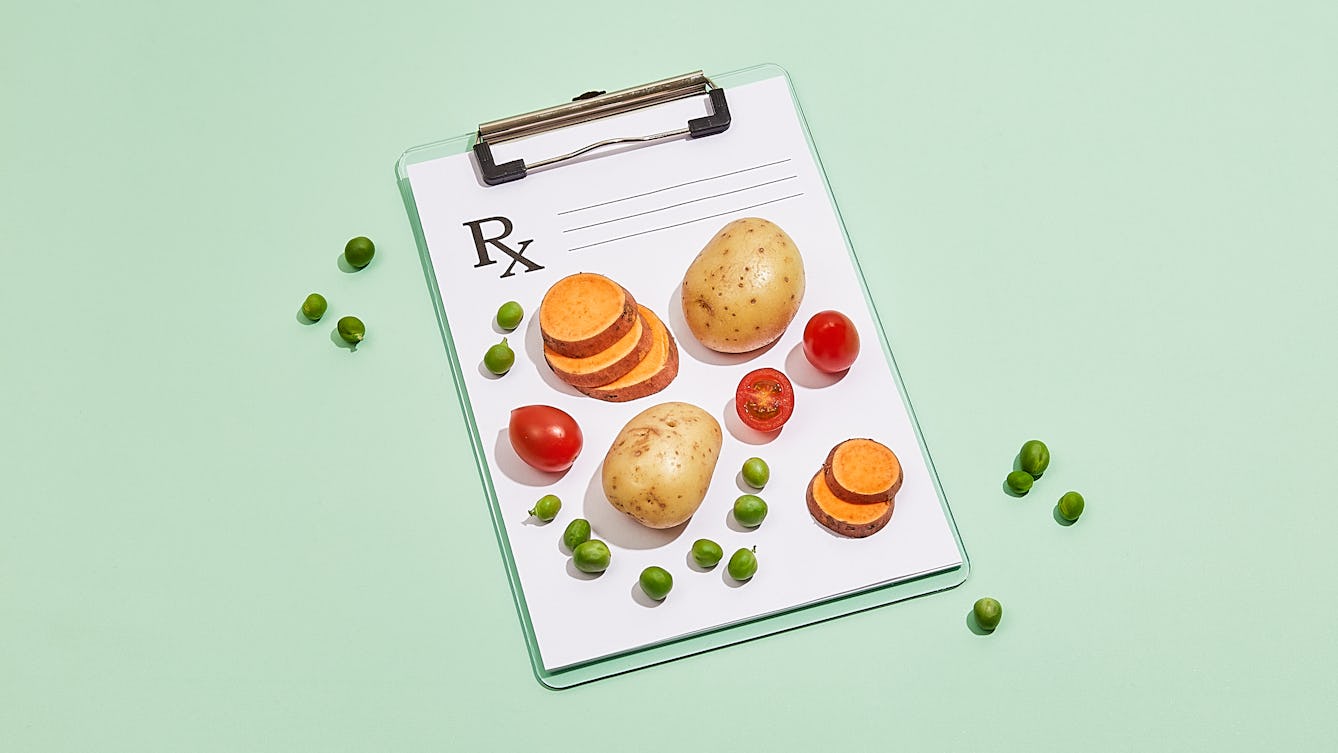
- Article
- Article
Natural eating in Jamaica and the Caribbean
Riaz Phillips is passionate about the Jamaican food he grew up with and plant-based Caribbean food he came to later, like roti, baiganee and vegan stews and curries. Here he explores the origins and surging popularity of these natural ‘health foods’.
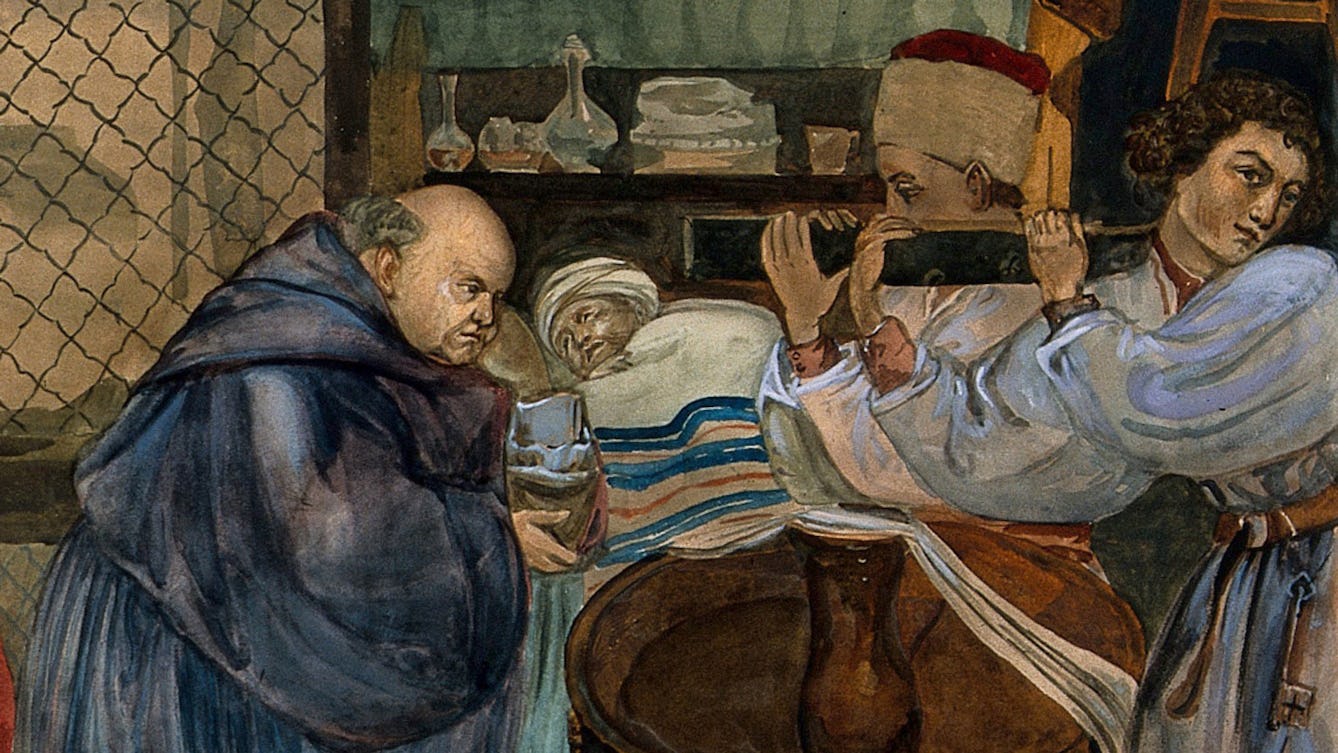
- Article
- Article
Confession as therapy in the Middle Ages
The line between confession and counselling has been blurred for centuries.

- Article
- Article
Going viral in the online anti-vaccine wars
‘Anti-vaxxers’ are taking their message online using powerful images as well as words. But is the pro campaigners’ response any better?
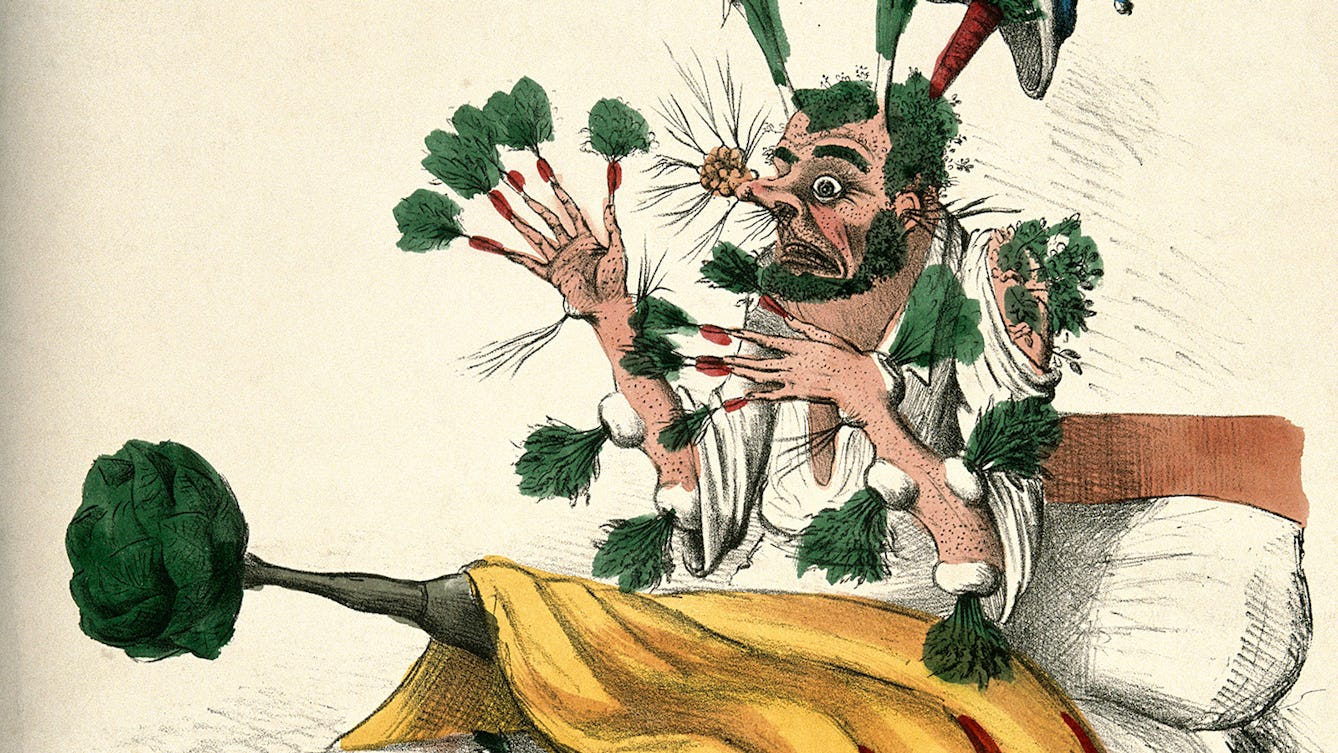
- Article
- Article
Graphic battles in pharmacy
James Morison’s campaign against the medical establishment inspired a wave of caricatures mocking his quack medicine.
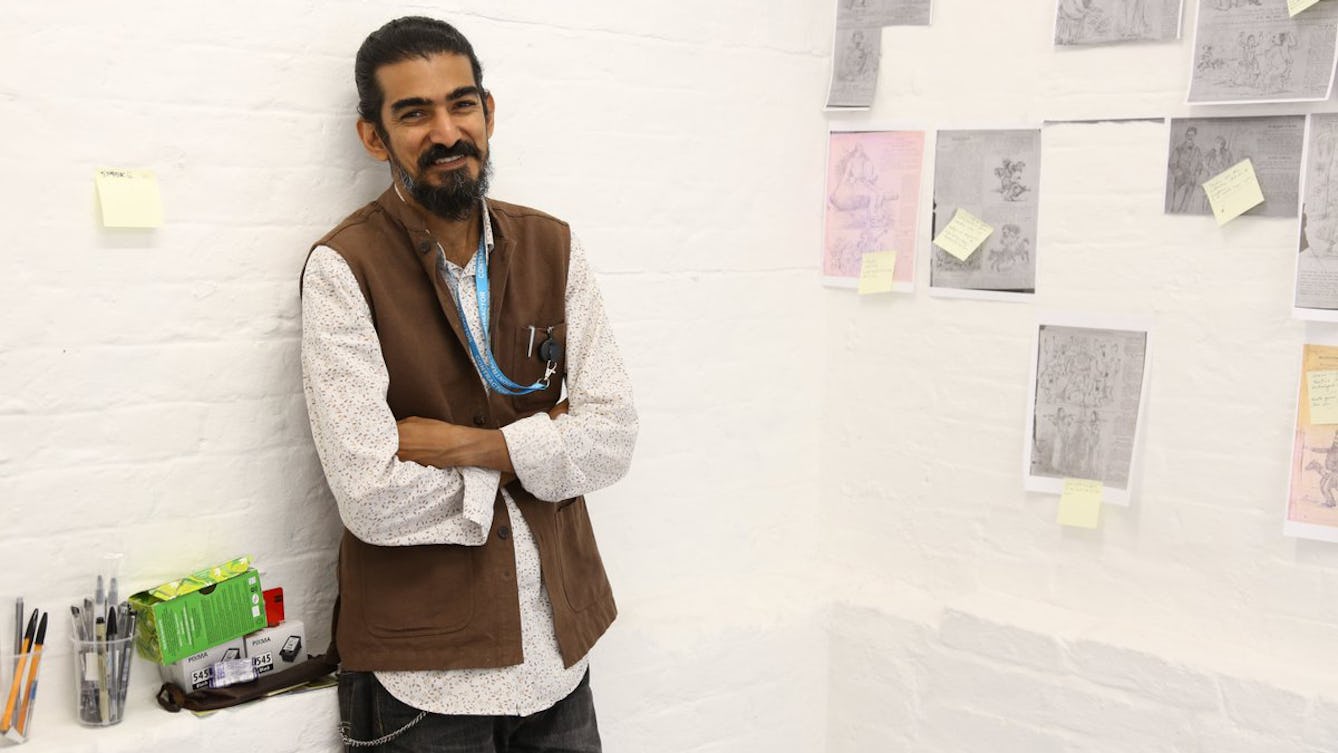
- Article
- Article
Behind the scenes: Drawing the Bombay plague
Ranjit Kandalgaonkar discusses his commission for 'Ayurvedic Man: Encounters with Indian medicine'.
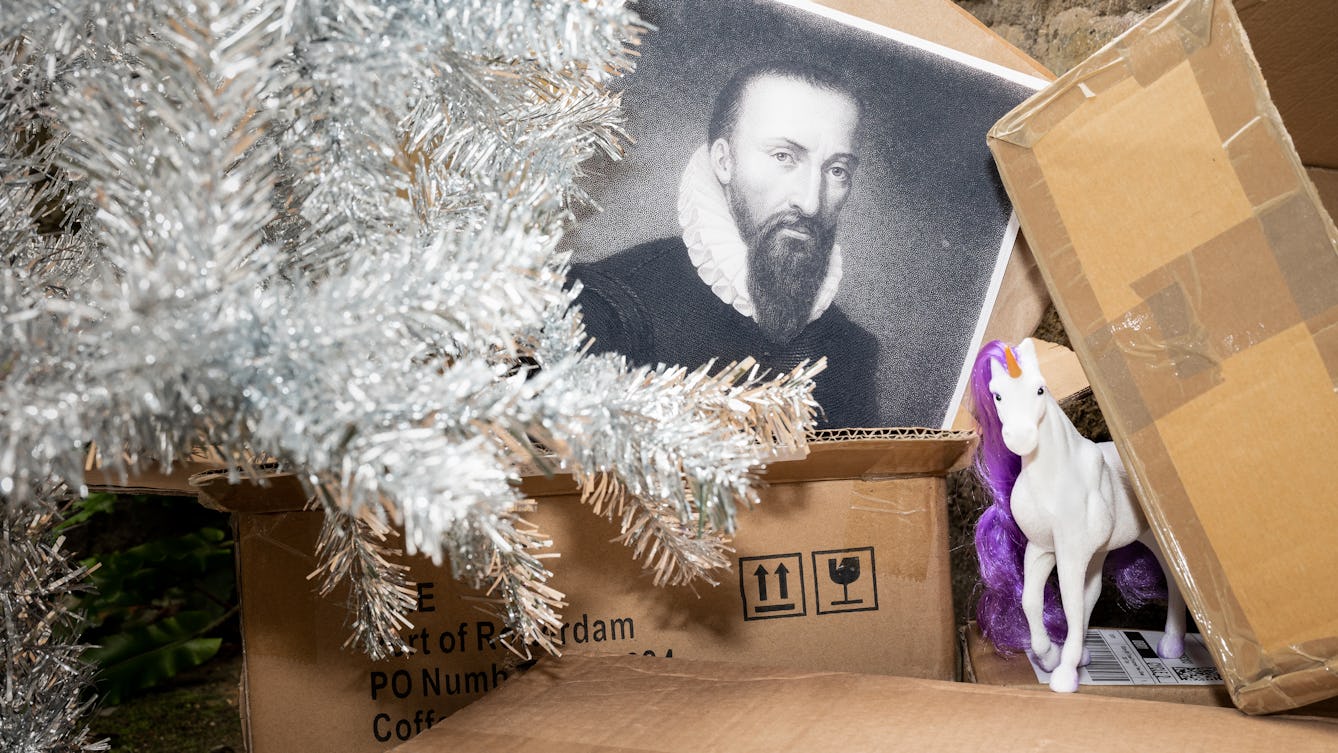
- Article
- Article
The doctor who challenged the unicorn myth
Our era of fake news and medical misinformation is nothing new. Estelle Paranque relays the thrusts and parries of a 440-year-old row over a magical cure-all, the unicorn horn.
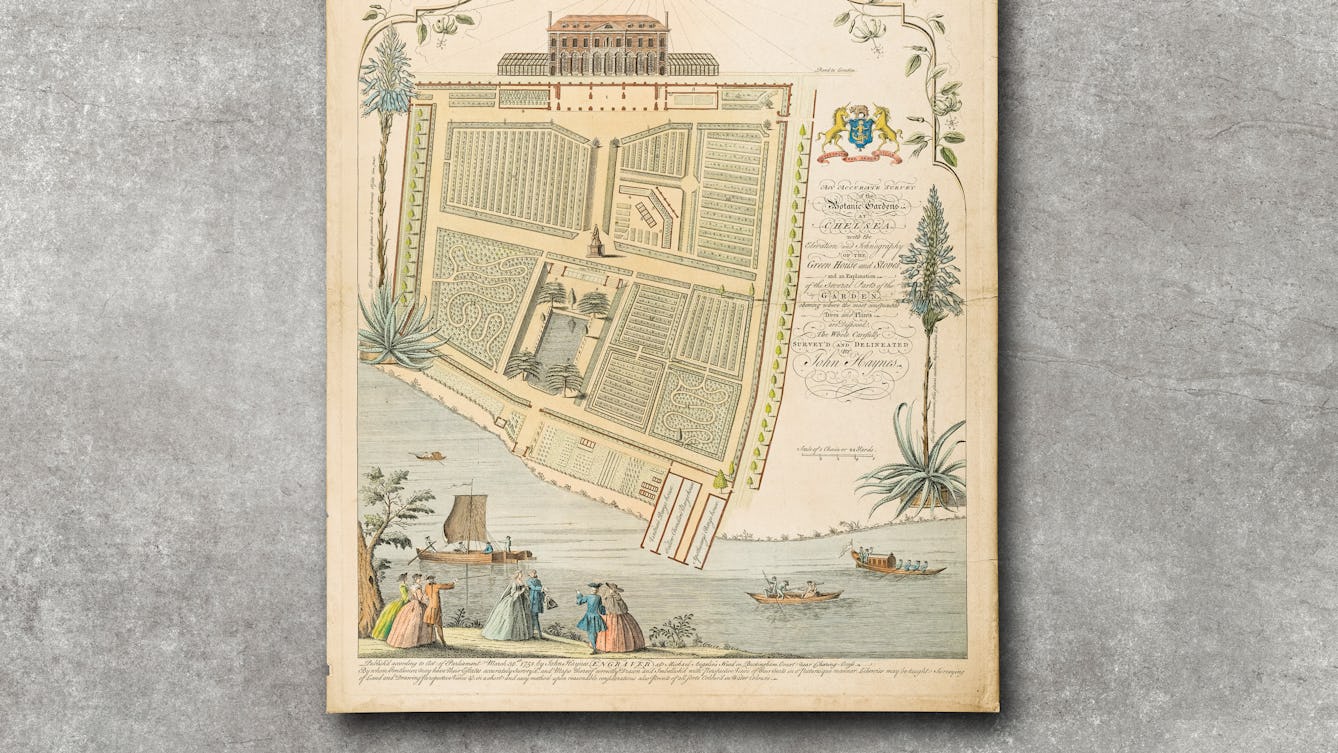
- Article
- Article
The healing power of the physic garden
Having experienced the healing power of plants and gardens, Iona Glen goes in search of present-day “physic gardens” and their origins in history.
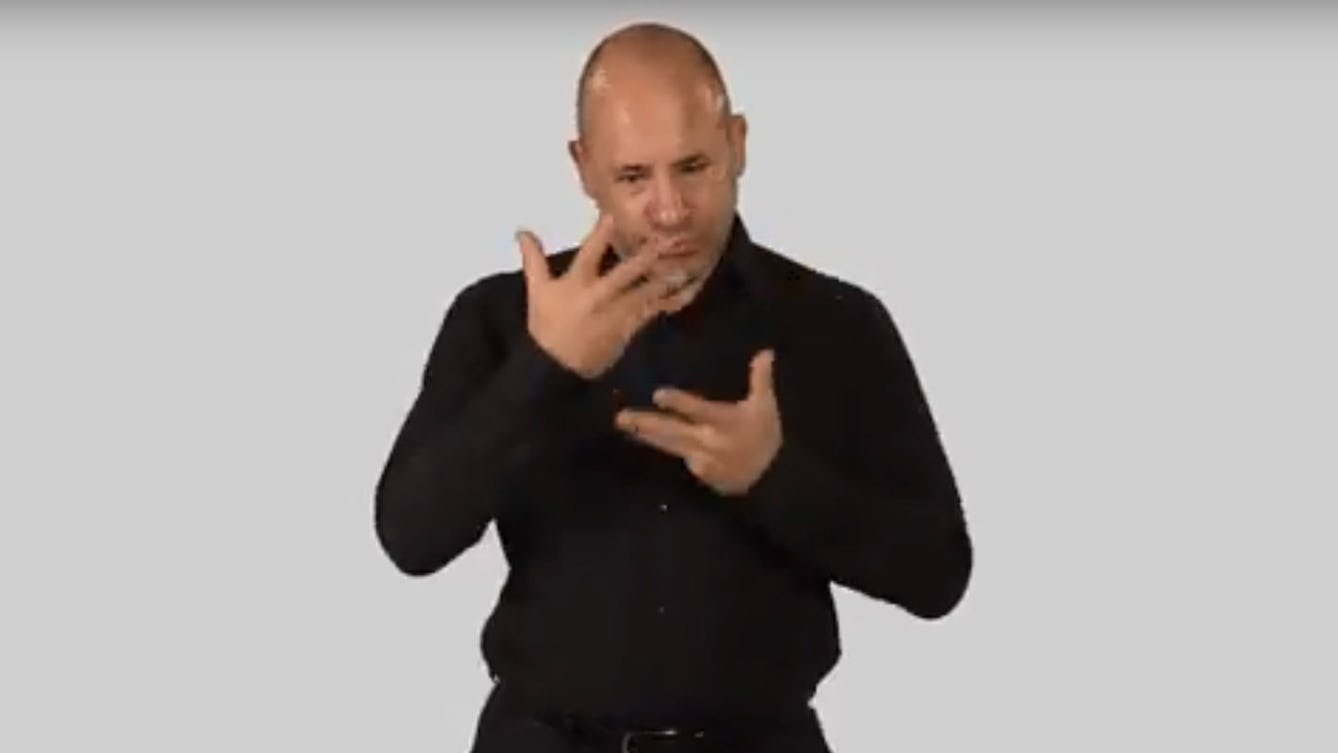
- Article
- Article
Interpreting the Ayurvedic Man
A British Sign Language video is the latest interpretation of an unique 18th-century Nepali painting about Ayurvedic medicine.

- In pictures
- In pictures
Faces from the archives
Meet some of the lesser-known but no less extraordinary figures in the history of medicine, through a series of original portraits.
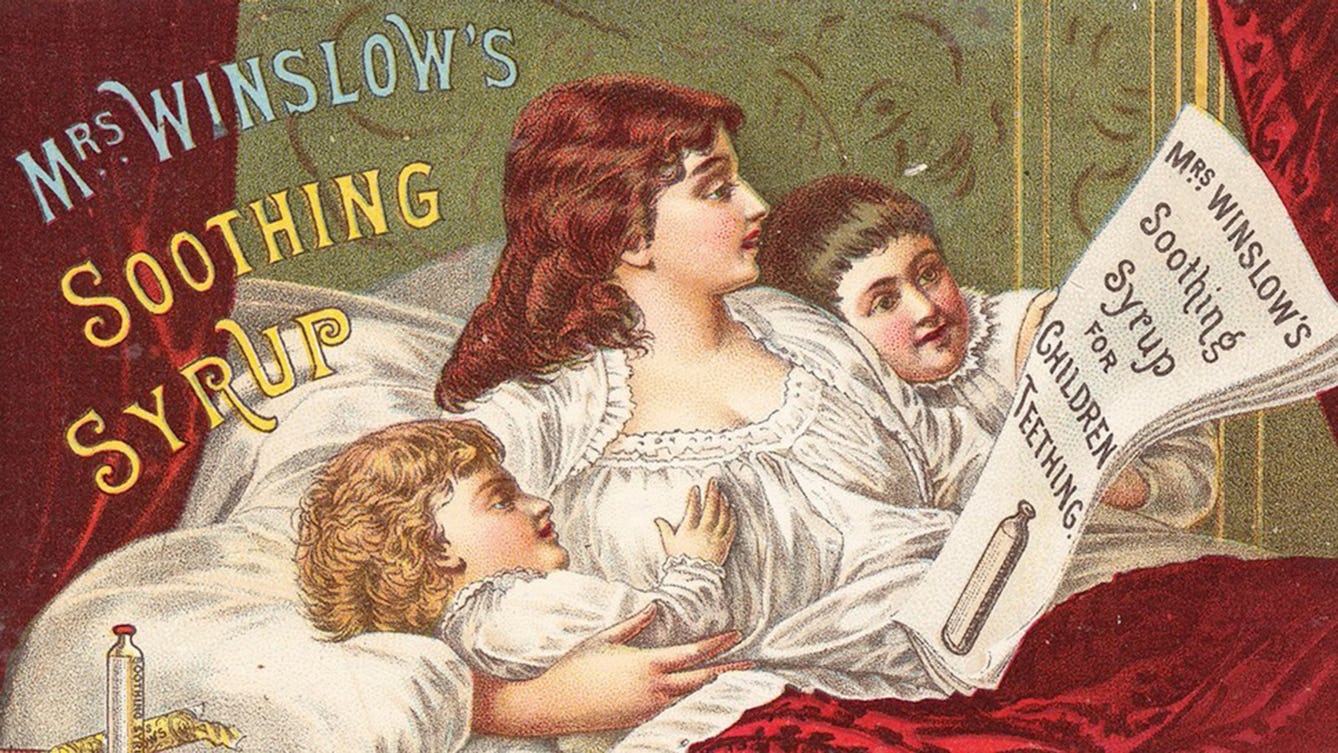
- Article
- Article
The poor child’s nurse
Charming family scenes in Victorian ads for children’s medicines were at odds with some of the dangerous ingredients they contained.
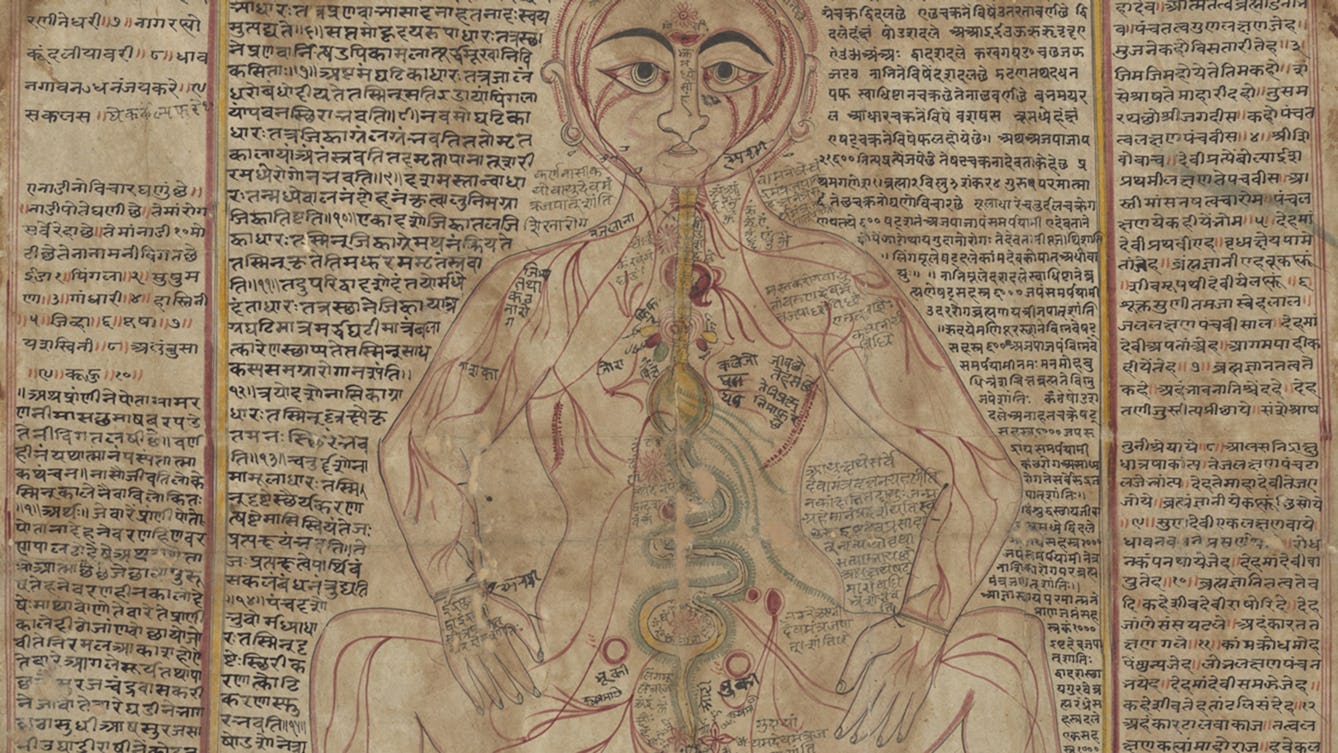
- Article
- Article
Mapping the body
These intricate anatomical drawings show how Ayurveda practitioners have explored the human body and how it works.

- Photo story
- Photo story
Faces of the NHS
Meet some of the exceptional workers whose careers span the seven decades of the NHS. Their portraits and words reveal their passion for medicine and for taking care of people.

- Book extract
- Book extract
The history of brainwashing
Is it possible to control what other people think? In this abridged extract from his book ‘Brainwashed’, psychoanalyst and historian Daniel Pick offers us a new history of thought control.
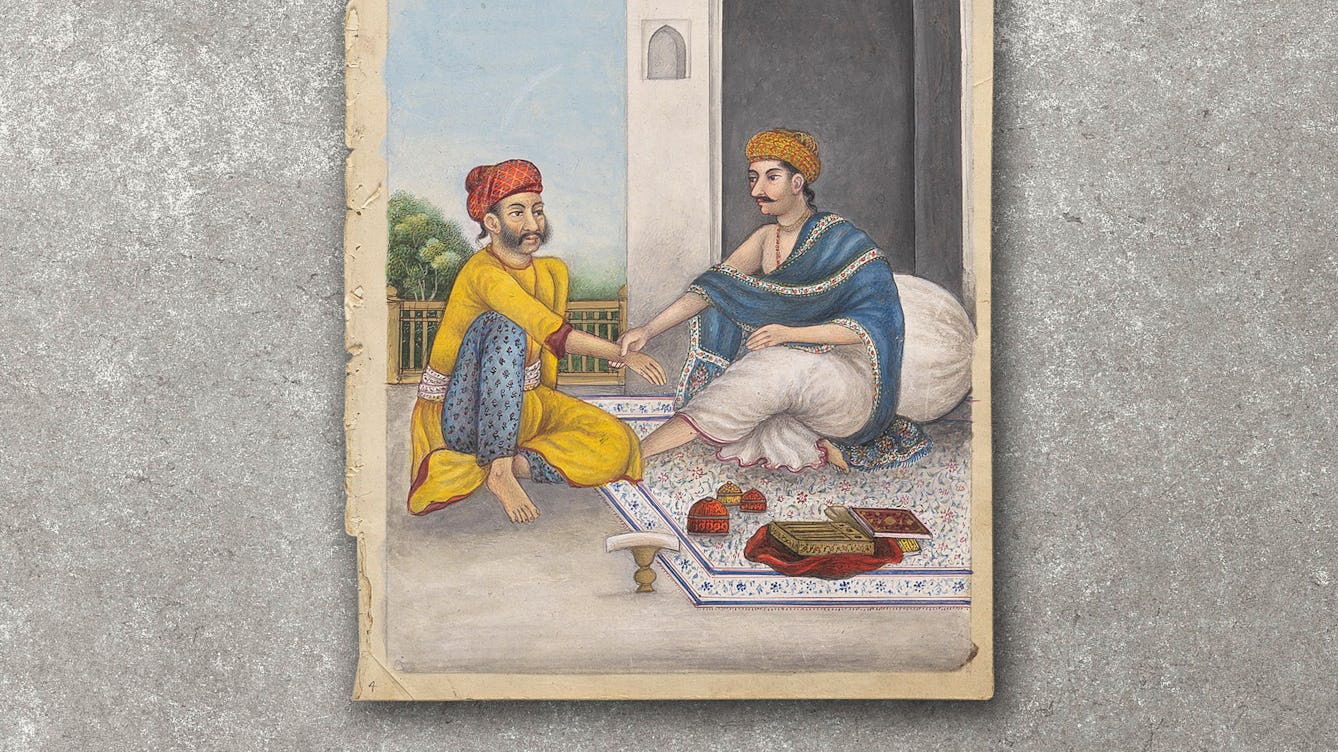
- In pictures
- In pictures
The pulse of life
Your pulse is a vital sign of life. Variations in the pulse have been linked to illness, being in love and stress. You can’t live without a pulse, or can you?